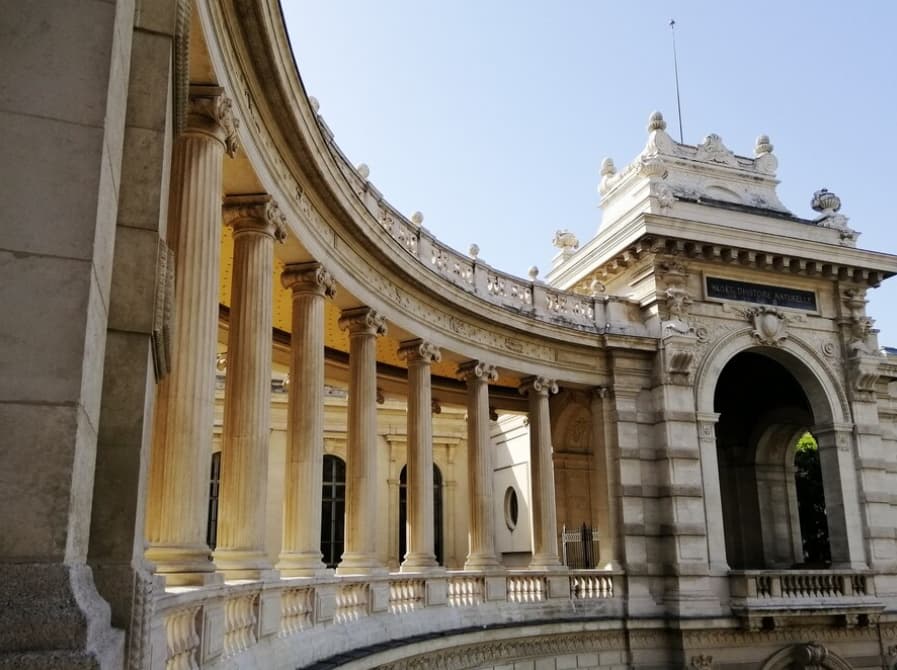European Capital of Culture: Marseille’s Cultural Renaissance
In 2013, Marseille and Košice jointly received the prestigious title of European Capital of Culture. The Marseille-Provence 2013 (MP2013) event illuminated the region with over 900 cultural festivities that radiated throughout Marseille and its surrounding areas, drawing an audience of more than 11 million people. This period of cultural celebration was also marked by substantial investments in cultural infrastructure, totaling over 600 million euros, with standout projects like the striking MuCEM by Rudy Ricciotti enhancing the city’s landscape.
The European Union’s European Capital of Culture initiative is a notable occasion that bestows upon a selected city the privilege of hosting a year-long showcase of cultural events that embody the essence of European heritage. This endeavor not only commemorates the rich tapestry of European cultures but also serves to fortify the connection among European citizens, promoting an understanding of their collective heritage and shared ideals.
You may also like to delve into an article highlighting the dynamic arts culture of Marseille, offering insights into its vibrant galleries, museums, and creative communities.
Strategic Benefits and Urban Regeneration

Becoming a European Capital of Culture presents a unique opportunity for cities to reap substantial cultural, social, and economic benefits. It serves as a springboard for urban regeneration, transforming the city’s image, and propelling its visibility and influence on the international stage. The process of preparing for this prestigious title encourages cities to innovate and rejuvenate, fostering a lasting legacy of growth and development.
- Initiated in 1985, the European Capital of Culture concept emerged from the forward-thinking endeavors of Melina Mercouri, Greece’s Minister of Culture at the time, and her French colleague, Jack Lang;
- Their partnership was inspired by the vision of leveraging the arts and heritage as a unifying force to connect Europeans, emphasizing the continent’s diverse traditions and common legacy.
Management and Selection Process
The administration of the esteemed title of European Capitals of Culture falls under the purview of the European Union Commission, with the formal selection made by the EU’s Council of Ministers each year. To this point, the accolade has been bestowed upon over 40 cities. A distinguished international panel, comprising cultural connoisseurs, rigorously evaluates city bids based on a comprehensive set of standards set forth by the EU.
- Earning the title of a European Capital of Culture carries with it benefits that last well beyond the initial year of acknowledgment;
- Notably, research known as the “Palmer Report,” which was carried out in 2004 on behalf of the European Commission, found that this program serves as a significant driver for both cultural enrichment and economic advancement in the cities awarded;
- This study emphasizes the program’s effectiveness in fostering positive change and growth, drawing attention to the critical nature of understanding the economic advantages and the transformative effect on the communities that earn this distinguished recognition.
Conclusion
Securing the title of European City of Culture offers a prestigious opportunity that initiates a renaissance, enhancing a city’s global prominence. The notable success of the 2013 designation, shared by Marseille and Košice, demonstrates the initiative’s capacity to transform urban environments and strengthen community bonds through a focus on artistic and heritage activities. This effort serves as an enduring tribute to Europe’s rich heritage and shared legacy, promoting unity among its people.